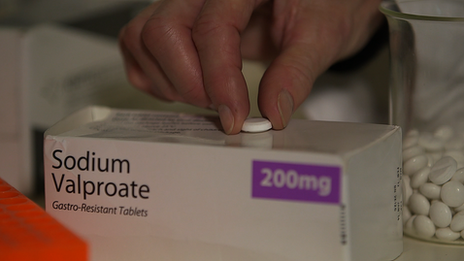Sodium valproate: New drug guidance a 'massive breakthrough'
- Published
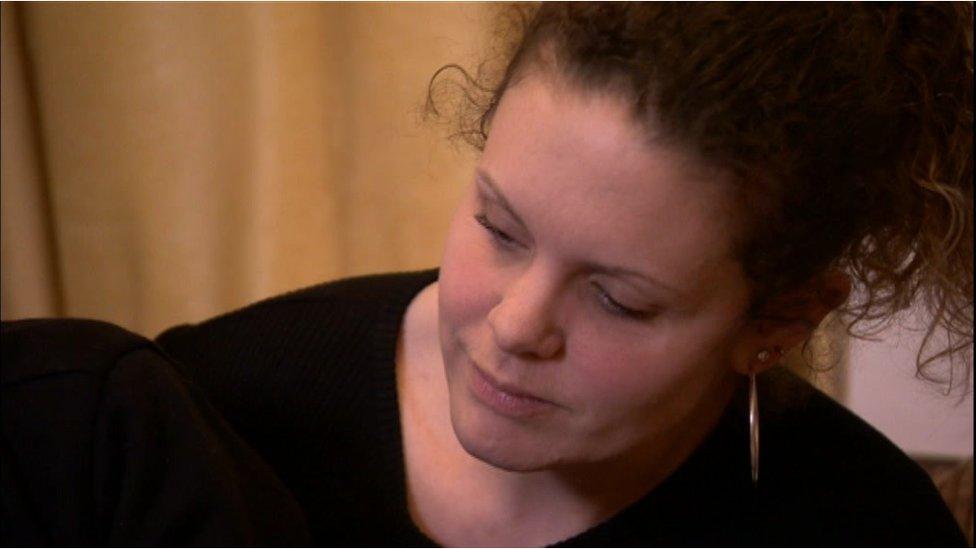
Catherine McNamara, from Hull, has three children who have been diagnosed with Fetal Valproate Spectrum Disorder
A woman whose three children were born with disabilities after she was prescribed an epilepsy drug during pregnancy has welcomed new GP guidance.
It is thought thousands of UK children have been harmed by foetal exposure to sodium valproate since the 1970s.
Catherine McNamara, from Hull, says new safety measures will make a difference, but added there was still a need for a public inquiry and compensation.
The government said patient safety was its "top priority".
A drug safety update, external states women and men under the age of 55 should not be prescribed the drug unless two separate specialists agree it is the best course of action.
Speaking about the new guidance, Ms McNamara said: "I thought it was a massive breakthrough, especially as it includes men - who have been largely ignored until now.
"It just helps that bit more."
The inclusion of men is due to "the possible risk of impaired fertility in males", the Commission on Human Medicines said.
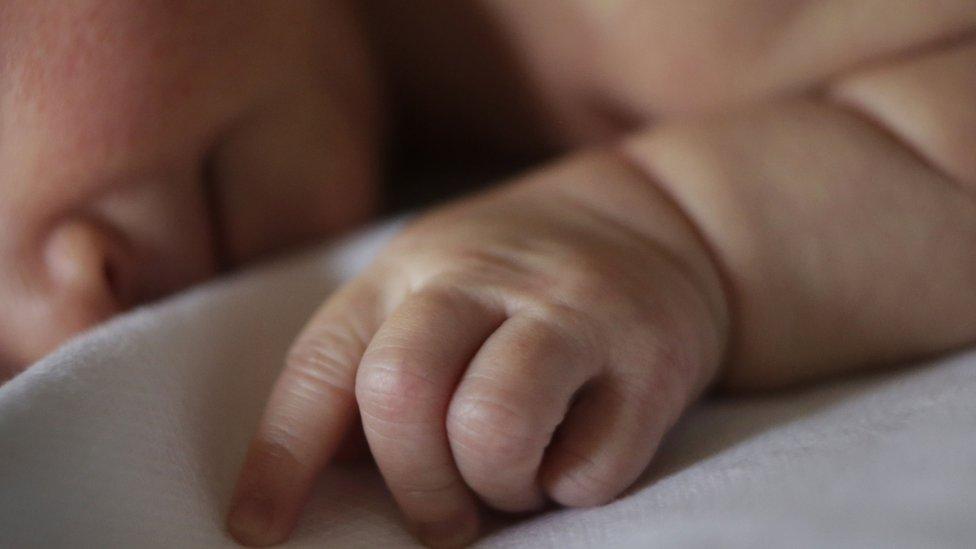
It's thought about 20,000 children in the UK have been affected by the drug since the 1970s
Ms McNamara has three children, now aged 21, 17 and 10, who have been diagnosed with Fetal Valproate Spectrum Disorder.
She said: "I felt really guilty that something I'd done had affected my child.
"You look ahead and you think, what more is going to come of this and nobody seemed to know."
While effective for preventing seizures, the NHS said the drug could cause including birth defects and long-term learning difficulties.
"I was told it wouldn't be a problem," Ms McNamara said.
Problems with sodium valproate, commonly known by the brand names Epilim, Episenta and Depakote, were first identified in the 1970s but restrictions on its use only came in in 2018.
The Medicines and Healthcare Products Regulatory Agency previously said up to four in 10 babies were at risk of developmental disorders if sodium valproate was taken during pregnancy and one in 10 was at risk of birth defects.
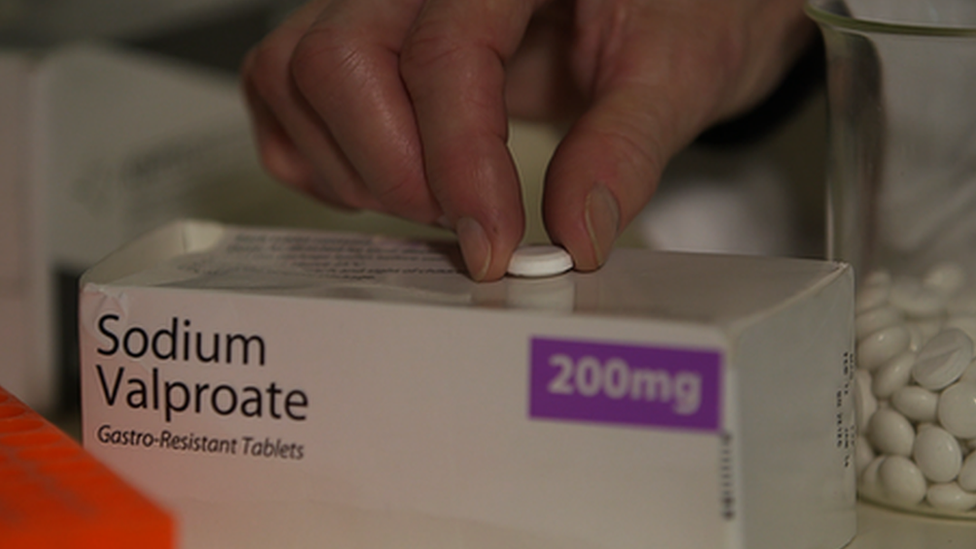
A drug safety update states people under 55 shouldn't be prescribed the drug unless two separate specialists agree it's the best course of action.
Baroness Cumberlege, who led a lengthy review into sodium valproate and two other medical interventions, previously said it was not known how many children had been affected by the drug, but said 20,000 was a "reasonable estimate".
Ms McNamara continued: "Trying to get compensation has been like banging your head against a brick wall with the government, they've not wanted to listen.
"[My children] are going to struggle to lead an independent life and will need support growing up and into their later years, it's not something that's going to away."
She added: "It makes me feel really angry and bitter - you think, where could we be now if I hadn't have been on that drug, if I had the information I should have been given."
A Department of Health and Social Care spokesperson said: "Our sympathies remain with all those affected by the side effects of sodium valproate - patient safety is our top priority and we are committed to improving how the system listens to people.
"We have taken action with NHS Resolution to address the difficulties some patients have faced in accessing information they need on clinical negligence claims - NHS Resolution has published a claims gateway for those affected by pelvic mesh and sodium valproate."

Follow BBC East Yorkshire and Lincolnshire on Facebook, external, Twitter, external, and Instagram, external. Send your story ideas to yorkslincs.news@bbc.co.uk, external.
Related topics
- Published8 July 2020
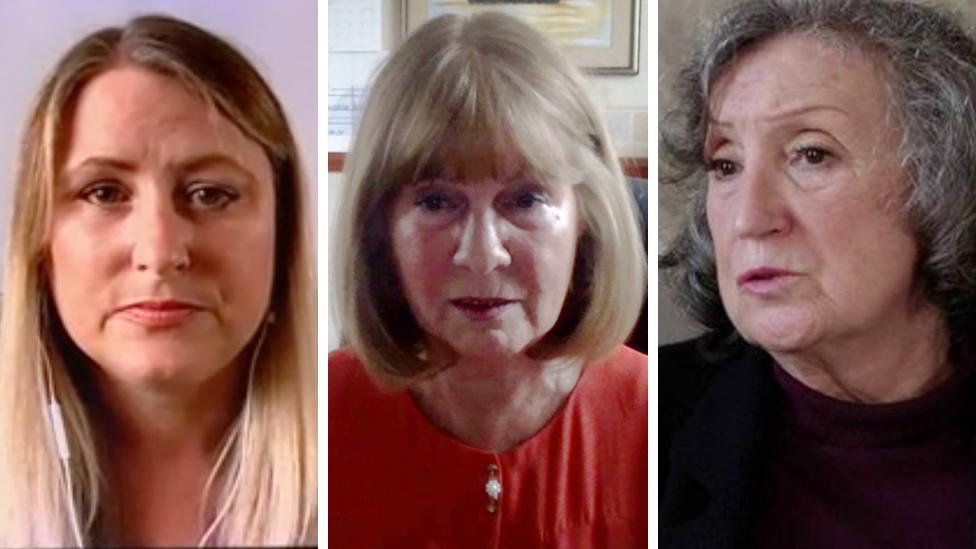
- Published22 January 2018
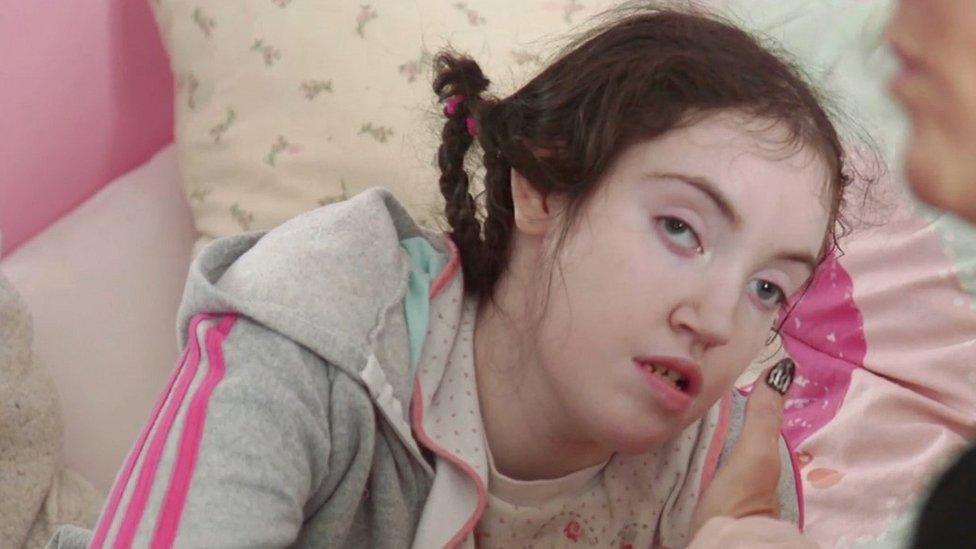
- Published26 September 2017
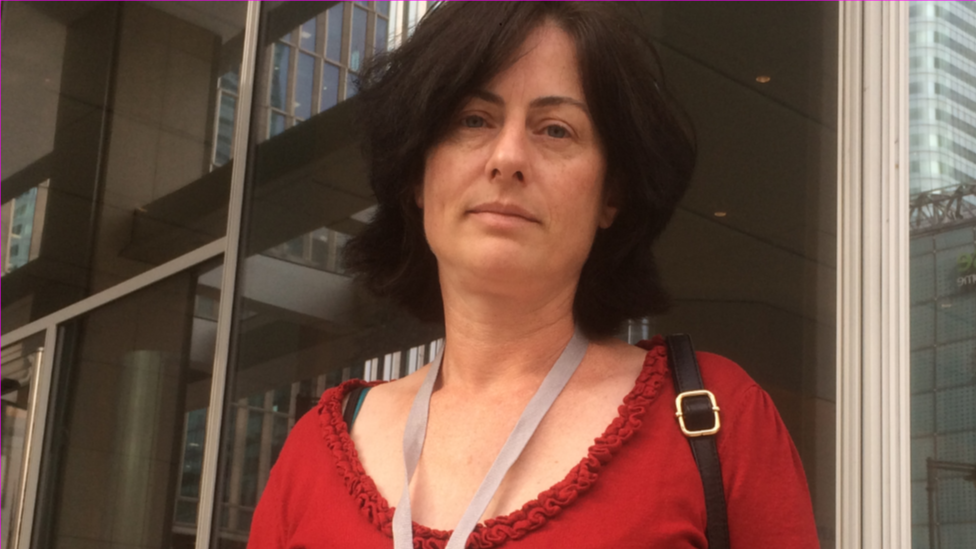
- Published25 February 2013
